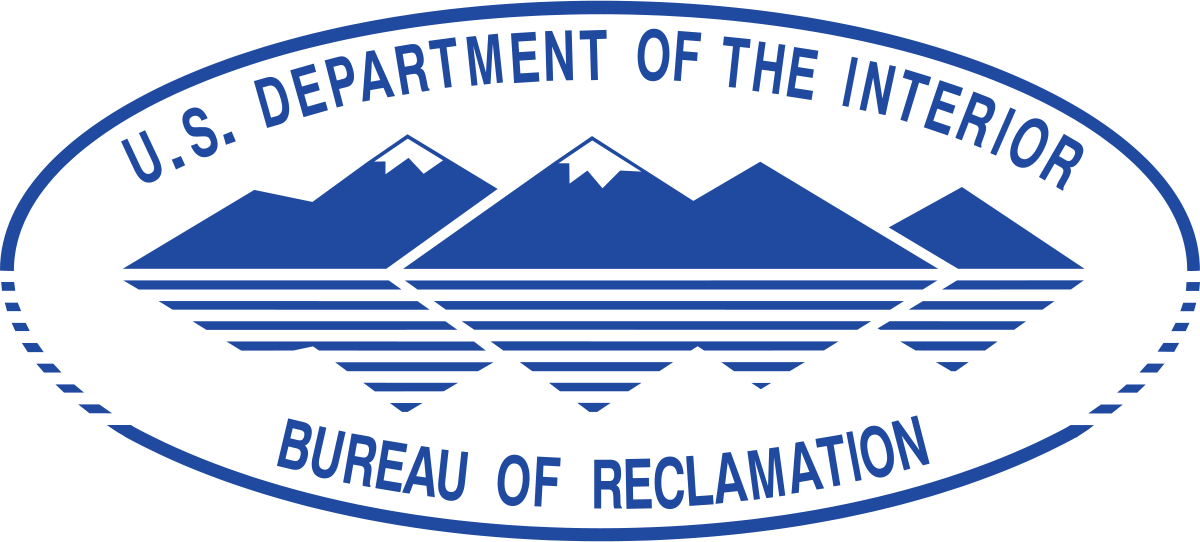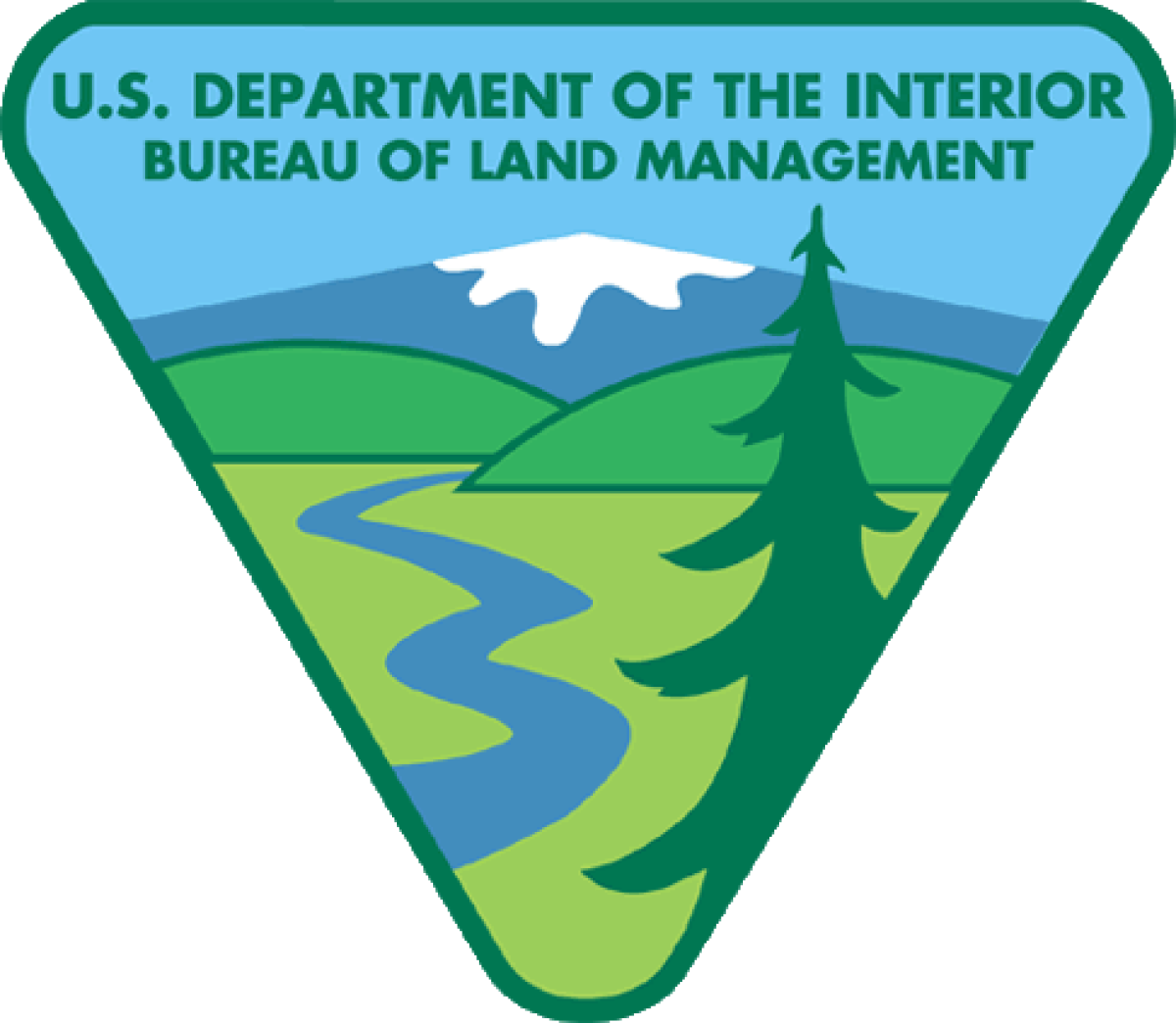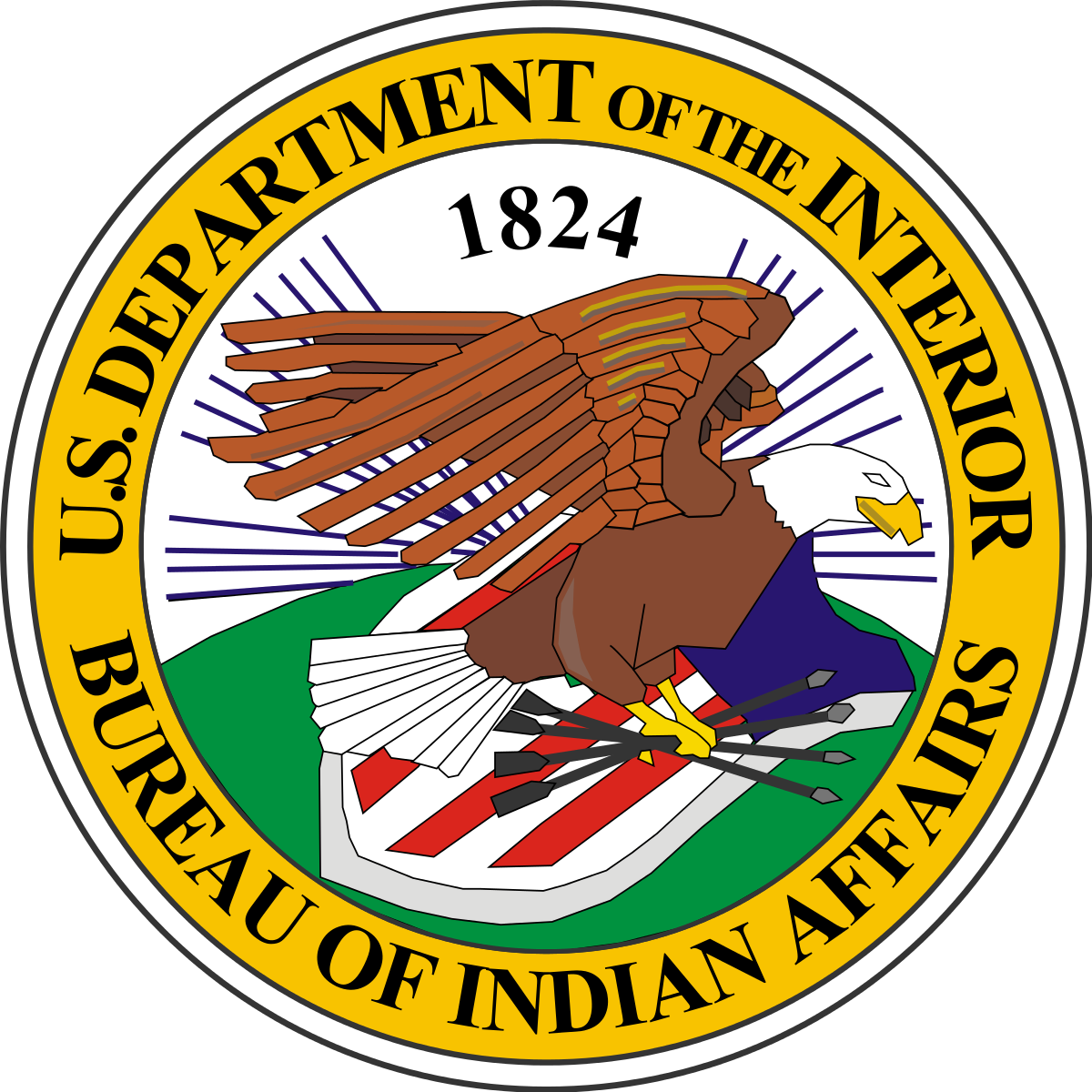Here are a few of the potential conflicts a key Interior Department nominee may face
David Bernhardt has represented major players in oil, mining and western water issues as a partner in Brownstein Hyatt Farber Schreck, one of the nation’s top-grossing lobbying law firms.
These activities often occur on public land regulated by Interior Department agencies that Bernhardt would oversee if he is confirmed as Interior’s deputy secretary.
Bureau of Reclamation

Issue: Irrigation Water
The nominee’s background:
- Bernhardt was a registered lobbyist for Westlands Water District in California’s Central Valley from 2011 through late 2016.
- Bernhardt’s firm has sued the Interior Department and Bureau of Reclamation several times on behalf of Westlands.
- Bernhardt personally argued one of Westlands cases before the U.S. 9th Circuit Court of Appeals.
Why this may pose a conflict:
- Westlands receives federal irrigation water supplies from the Central Valley Project, which the Interior Department’s Bureau of Reclamation oversees.
U.S. Fish and Wildlife Service

Issue: Fish Habitat
The nominee’s background:
- Bernhardt has lobbied and litigated on behalf of Westlands Water District.
Why this may pose a conflict:
- The Fish and Wildlife Service is about to release operating rules for a proposed diversion and water tunnel project in California that Westlands backs.
Issue: Endangered Species
The nominee’s background:
- Bernhardt has lobbied for Rosemont Copper Co.
Why this may pose a conflict:
- Rosemont wants to develop a large open-pit copper mine in Arizona that could destroy habitat for imperiled species.
Bureau of Land Management

Issue: Mining on Public Land
The nominee’s background:
- Bernhardt is a partner in Brownstein Hyatt Farber Schreck. The National Mining Assn. lists the firm as a member.
- The National Mining Assn. sued the Department of Interior and the Bureau of Land Management after the administration of President Obama withdrew more than 1 million acres from uranium mining.
Why this may pose a conflict:
- BLM oversees myriad controversial mining projects on the public land for which it is responsible.
Issue: Desert Water
The nominee’s background:
- Since 2010 Brownstein Hyatt Farber Schreck has received $2.75 million in lobbying fees from Cadiz Inc.
- Bernhardt’s ethics filings show that he has performed legal services for Cadiz.
- One of Bernhardt’s colleagues at Brownstein Hyatt is the chief executive of Cadiz.
Why this may pose a conflict:
- Cadiz wants to build a water pipeline on a railroad right of way that crosses Mojave Desert land managed by the BLM.
- Cadiz has an agreement to award up to 400,000 shares of stock to Brownstein Hyatt as the water project progresses.
Bureau of Ocean Energy Management

Nominee’s background:
- Bernhardt has lobbied Congress on behalf of Cobalt International Energy.
- Cobalt has paid Brownstein Hyatt more than $1.4 million in lobbying fees.
Why this may pose a conflict:
- Cobalt is a major holder of oil drilling leases in the Gulf of Mexico, an area protected by the Department of Interior.
Bureau of Indian Affairs

Issue: Tribal Water Rights
The nominee’s background:
- Bernhardt’s firm has lobbied Congress and the Department of Interior on a water rights settlement on behalf of the Navajo Nation
Why this may pose a conflict:
- The Bureau of Indian Affairs’ Branch of Water Resources helps negotiate water right settlements for tribes.
